Hank and Frannie don’t seem to be able to live together anymore. After a five-year relationship, lustful and dreamy Frannie leaves down-to-earth Hank on the anniversary of their relationship. Each […]
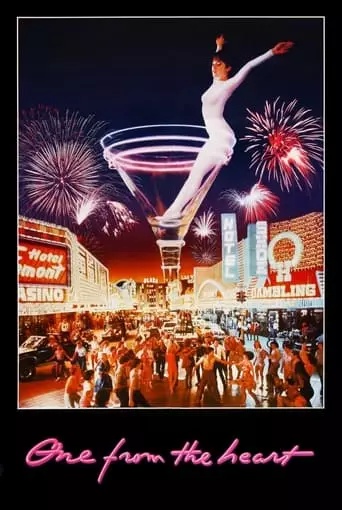
Hank and Frannie don’t seem to be able to live together anymore. After a five-year relationship, lustful and dreamy Frannie leaves down-to-earth Hank on the anniversary of their relationship. Each […]

Hank and Frannie don’t seem to be able to live together anymore. After a five-year relationship, lustful and dreamy Frannie leaves down-to-earth Hank on the anniversary of their relationship. Each […]
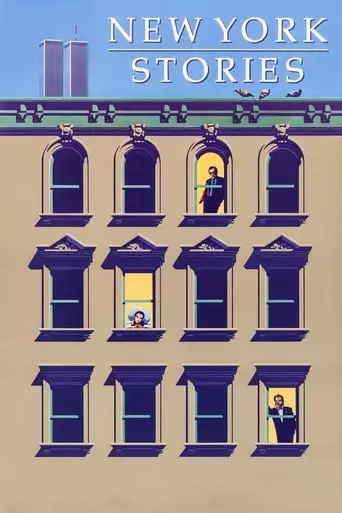
Get ready for a wildly diverse, star-studded trilogy about life in the big city. One of the most-talked about films in years, New York Stories features the creative collaboration of […]
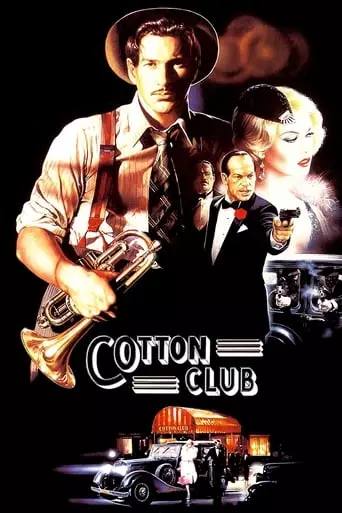
Harlem’s legendary Cotton Club becomes a hotbed of passion and violence as the lives and loves of entertainers and gangsters collide.
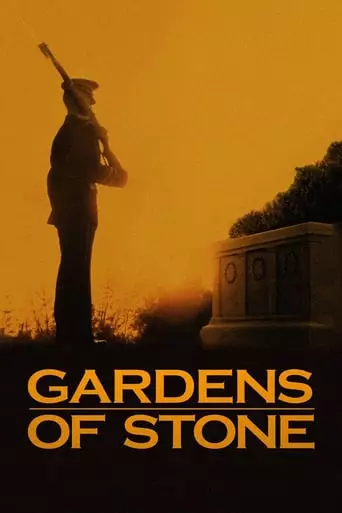
A sergeant must deal with his desires to save the lives of young soldiers being sent to Vietnam. Continuously denied the chance to teach the soldiers about his experiences, he […]
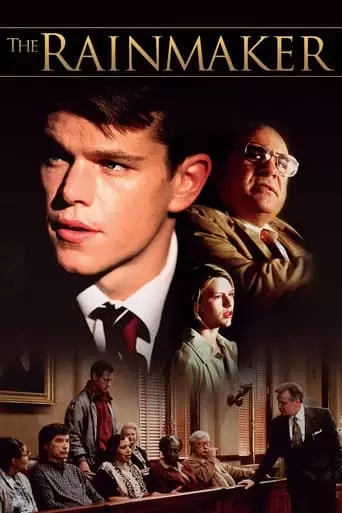
When Rudy Baylor, a young attorney with no clients, goes to work for a seedy ambulance chaser, he wants to help the parents of a terminally ill boy in their […]
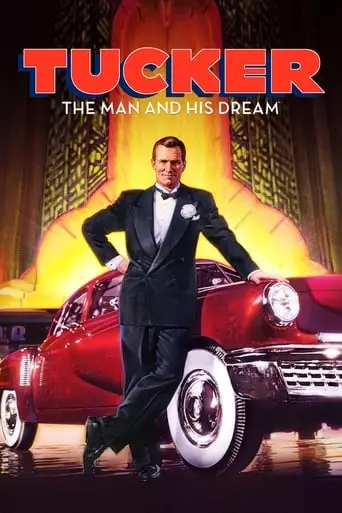
Ypsilanti, Michigan, 1945. Engineer Preston Tucker dreams of designing the car of future, but his innovative envision will be repeatedly sabotaged by his own unrealistic expectations and the Detroit automobile […]
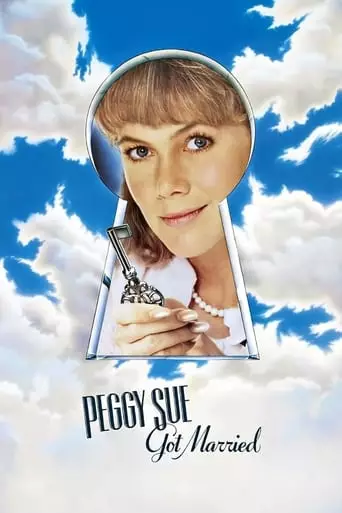
Peggy Sue faints at a high school reunion. When she wakes up she finds herself in her own past, just before she finished school.
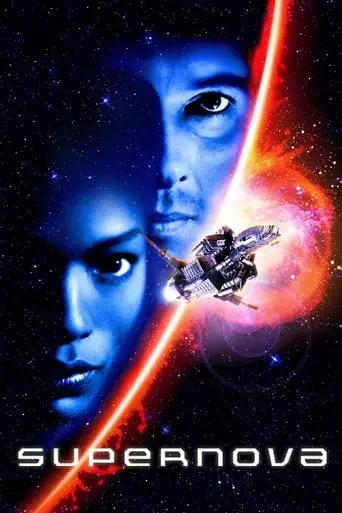
Set in the 22nd century, when a battered salvage ship sends out a distress signal, the seasoned crew of the rescue hospital ship Nova-17 responds. What they find is a […]
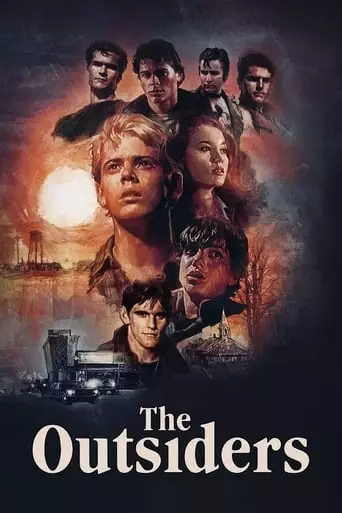
When two poor Greasers, Johnny and Ponyboy, are assaulted by a vicious gang, the Socs, and Johnny kills one of the attackers, tension begins to mount between the two rival […]
Francis Ford Coppola: The Visionary Architect of Cinema
Francis Ford Coppola, born April 7, 1939, in Detroit, Michigan, is one of the most influential and visionary filmmakers in the history of cinema. With a career spanning over six decades, Coppola has directed some of the most iconic films ever made, including The Godfather trilogy, Apocalypse Now, and The Conversation. Known for his ambitious storytelling, bold artistic risks, and transformative impact on Hollywood, Coppola’s work is a testament to the power of auteur filmmaking.
Early Life and Career Beginnings
Born to a musically inclined family, Coppola grew up in a creative household. His father, Carmine Coppola, was a flutist and composer, and music became an integral part of Francis’s upbringing and later his films. After studying theater and film at Hofstra University and UCLA, Coppola began his career as an assistant to producer Roger Corman, known for his low-budget genre films.
Working under Corman, Coppola learned the art of efficient filmmaking, directing his first feature, Dementia 13 (1963), a gothic horror film shot on a shoestring budget. This period honed his technical skills and laid the groundwork for his later achievements.
The New Hollywood Era
Coppola was a key figure in the New Hollywood movement of the 1970s, a period when filmmakers were given unprecedented creative control. Alongside contemporaries like Martin Scorsese, George Lucas, and Steven Spielberg, Coppola helped redefine American cinema, producing films that blended artistic integrity with commercial appeal.
“The Godfather” (1972)
Coppola’s career reached meteoric heights with The Godfather, based on Mario Puzo’s novel. The epic tale of the Corleone crime family redefined the gangster genre, blending Shakespearean drama with a vivid portrait of American capitalism and family loyalty. Featuring iconic performances by Marlon Brando and Al Pacino, the film won three Academy Awards, including Best Picture, and is widely regarded as one of the greatest films of all time.
“The Godfather Part II” (1974)
The sequel, The Godfather Part II, expanded the narrative’s scope, juxtaposing young Vito Corleone’s (Robert De Niro) rise to power with Michael Corleone’s (Al Pacino) moral decline. Hailed as a masterpiece, it became the first sequel to win the Academy Award for Best Picture and solidified Coppola’s place among cinema’s greats.
“The Conversation” (1974)
Released between the two Godfather films, The Conversation is a taut psychological thriller about surveillance and paranoia. Starring Gene Hackman as a guilt-ridden surveillance expert, the film reflects Coppola’s ability to craft intimate, character-driven stories while addressing broader social themes.
“Apocalypse Now” (1979)
Perhaps Coppola’s most ambitious project, Apocalypse Now is a harrowing adaptation of Joseph Conrad’s Heart of Darkness, set during the Vietnam War. The film’s chaotic production, plagued by budget overruns, typhoons, and cast issues, has become the stuff of legend. Despite the challenges, the film emerged as a visually stunning and philosophically profound epic, winning the Palme d’Or at Cannes and two Academy Awards.
Artistic Vision and Filmmaking Style
Coppola’s films are characterized by their epic scale, richly drawn characters, and emotional intensity. Key elements of his style include:
Thematic Depth: Coppola explores themes of power, family, morality, and identity, often placing characters in morally ambiguous situations.
Operatic Storytelling: His use of music, visual grandeur, and heightened drama gives his films a timeless, almost mythic quality.
Innovative Techniques: Coppola is known for pushing cinematic boundaries, experimenting with nonlinear narratives, sound design, and immersive visuals.
Personal Risk: Many of Coppola’s films reflect his willingness to gamble on ambitious projects, often risking financial ruin in pursuit of artistic excellence.
Challenges and Later Career
While Coppola reached unparalleled heights in the 1970s, the 1980s brought financial and critical setbacks. His ambitious musical One from the Heart (1982) was a box-office disaster, forcing him into financial difficulties. To recover, Coppola directed more commercial projects, such as The Outsiders (1983) and Bram Stoker’s Dracula (1992), which achieved varying degrees of success.
In recent decades, Coppola has focused on smaller, experimental films like Tetro (2009) and Twixt (2011), as well as his passion for winemaking and restoring his classic films.
Legacy and Influence
Francis Ford Coppola’s impact on cinema is immeasurable. His films have inspired generations of filmmakers, from contemporary auteurs like Christopher Nolan and Quentin Tarantino to his own family members, including Sofia Coppola, a celebrated filmmaker in her own right.
Coppola’s contributions extend beyond his own films; as a producer, he championed groundbreaking projects like George Lucas’s American Graffiti and Star Wars.
Awards and Honors
Coppola has been recognized with numerous accolades, including:
Five Academy Awards, including Best Director for The Godfather Part II.
The Palme d’Or at Cannes for Apocalypse Now and The Conversation.
The Irving G. Thalberg Memorial Award for his contributions to cinema.
In 2010, he received the Academy of Motion Picture Arts and Sciences’ Irving G. Thalberg Memorial Award for lifetime achievement.
Personal Life
Coppola’s life is deeply intertwined with his family. His daughter Sofia Coppola and nephew Nicolas Cage have carved out their own successful careers in Hollywood. Coppola’s ventures outside filmmaking include his Napa Valley winery and boutique hotels, which reflect his entrepreneurial spirit.
Conclusion
Francis Ford Coppola’s career is a story of vision, risk, and resilience. From the towering achievement of The Godfather to the audacious ambition of Apocalypse Now, Coppola has continually redefined the boundaries of filmmaking. While his later career has been more subdued, his influence on cinema remains profound. A true artist and pioneer, Coppola’s legacy endures as a testament to the transformative power of storytelling.